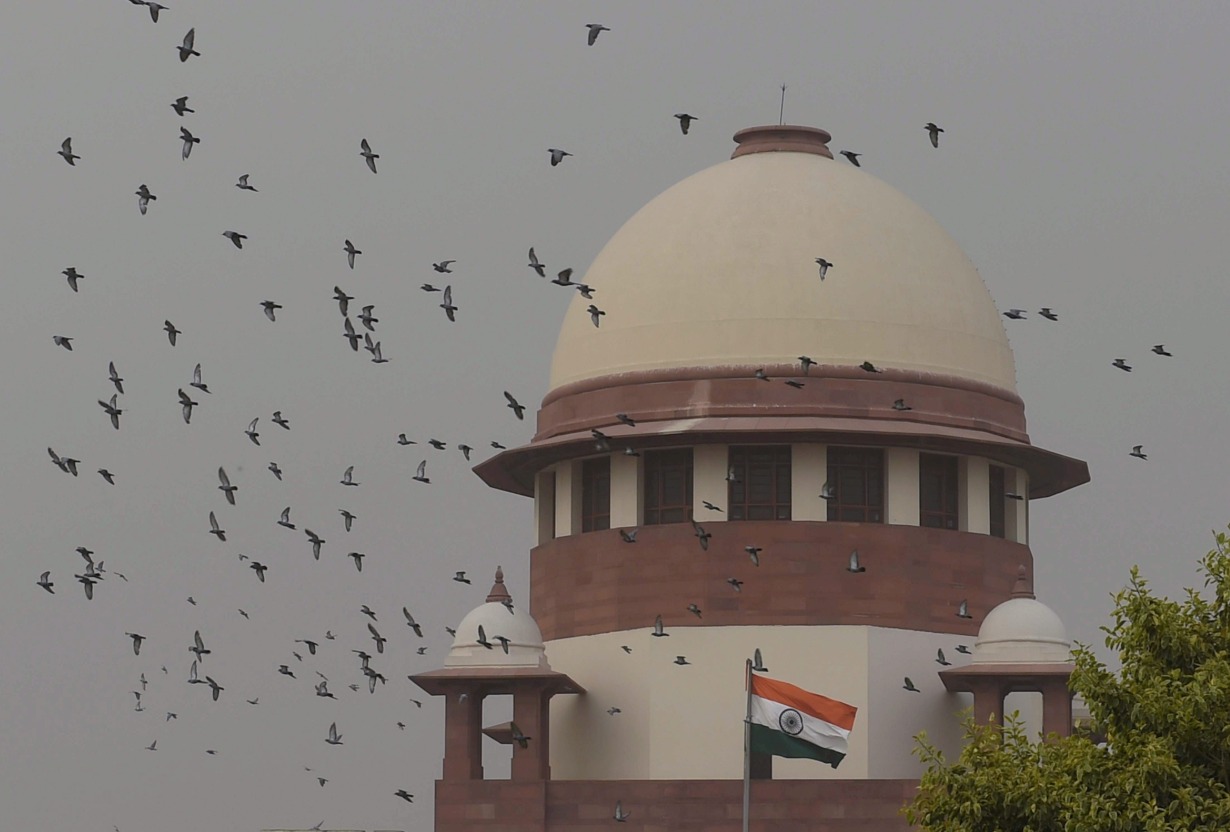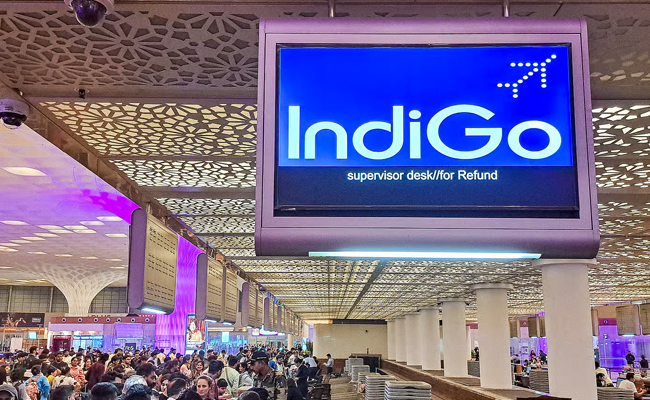New Delhi (PTI): Seats in medical courses cannot remain vacant, the Supreme Court on Friday said and asked the Centre to hold a meeting with the relevant stakeholders, including the states, and consider the recommendations of a committee appointed over the issue.
A bench of Justices B R Gavai and K V Viswanathan was hearing the matter when it observed, "Seats also cannot go vacant."
In April, 2023, the apex court flagged the issue of super speciality seats in medical courses remaining unfilled.
The Centre had then proposed to appoint a committee, consisting of all the stakeholders including representatives of states and private medical colleges, under the chairmanship of director general of health services to resolve the issue.
On Friday, the Centre's counsel said the committee comprising the stakeholders was constituted and it had given its recommendations on the issue.
It would be appropriate if the Centre held a meeting with the stakeholders and came out with a concrete proposal, the counsel said.
The bench therefore directed for the meeting to be held by the Centre.
The apex court said the needful be done within three months and posted the matter in April.
In April, 2023, the top court said the plea before it depicted a "very sorry picture" given 1,003 precious super speciality seats were going to waste as no admissions could take place for the seats.
"On the one hand, we find that there is always a shortage of super speciality doctors and on the other hand these precious seats remain unfilled," it said.
Let the Truth be known. If you read VB and like VB, please be a VB Supporter and Help us deliver the Truth to one and all.
Bengaluru (PTI): The Karnataka government has issued directions to municipal corporations across the state to regulate and prohibit feeding pigeons in public places, citing serious public health concerns.
Deputy Secretary to Government V Lakshmikanth has written to the Urban Development Department requesting it to issue directions to the Greater Bengaluru Authority (GBA) and all municipal corporations to take immediate steps to implement the measures.
In an official note dated December 16 issued by the Health and Family Welfare Department and released to the media on Wednesday, the department said uncontrolled feeding of pigeons in public places has resulted in large congregations of birds, excessive droppings and serious health concerns, particularly respiratory illnesses linked to prolonged exposure to pigeon droppings and feathers such as hypersensitivity pneumonitis and other lung diseases.
ALSO READ: Chinese GPS tracker found on seagull near Karwar Coast
"The commissioner, the Greater Bengaluru Authority and the Commissioners and chief officers of other municipal corporations shall take necessary action to mitigate the causes of dangerous disease spread by pigeon and enforce specified guidelines in their respective jurisdiction," the note said.
According to the department, these include a prohibition on feeding pigeons or causing pigeons to be fed in areas where it may cause nuisance or pose a health hazard to the public. Pigeon feeding shall be permitted only in designated areas in a controlled manner, subject to certain conditions.
"The designated areas may be selected in consultation with stakeholders. The responsibility for upkeep of the designated areas and compliance to the directions shall be taken up by some charitable organisation or an NGO. The feeding in designated areas shall be permitted only for some limited hours in the day," it said.
The note further stated that authorised officers of local authorities shall issue on-the-spot warnings and may impose fines for violation of the order, or lodge complaints to prosecute offenders under Sections 271 (Negligent act likely to spread infection of disease dangerous to life) and 272 (Malignant act likely to spread infection of disease dangerous to life) of the Bharatiya Nyaya Sanhita.
It also directed local authorities to conduct public awareness campaigns, including the display of signboards, banners and digital messages, explaining the health hazards associated with pigeon droppings and feathers, the content of the regulatory directions and penalties for violations, and alternative humane methods of bird conservation that do not endanger public health.





